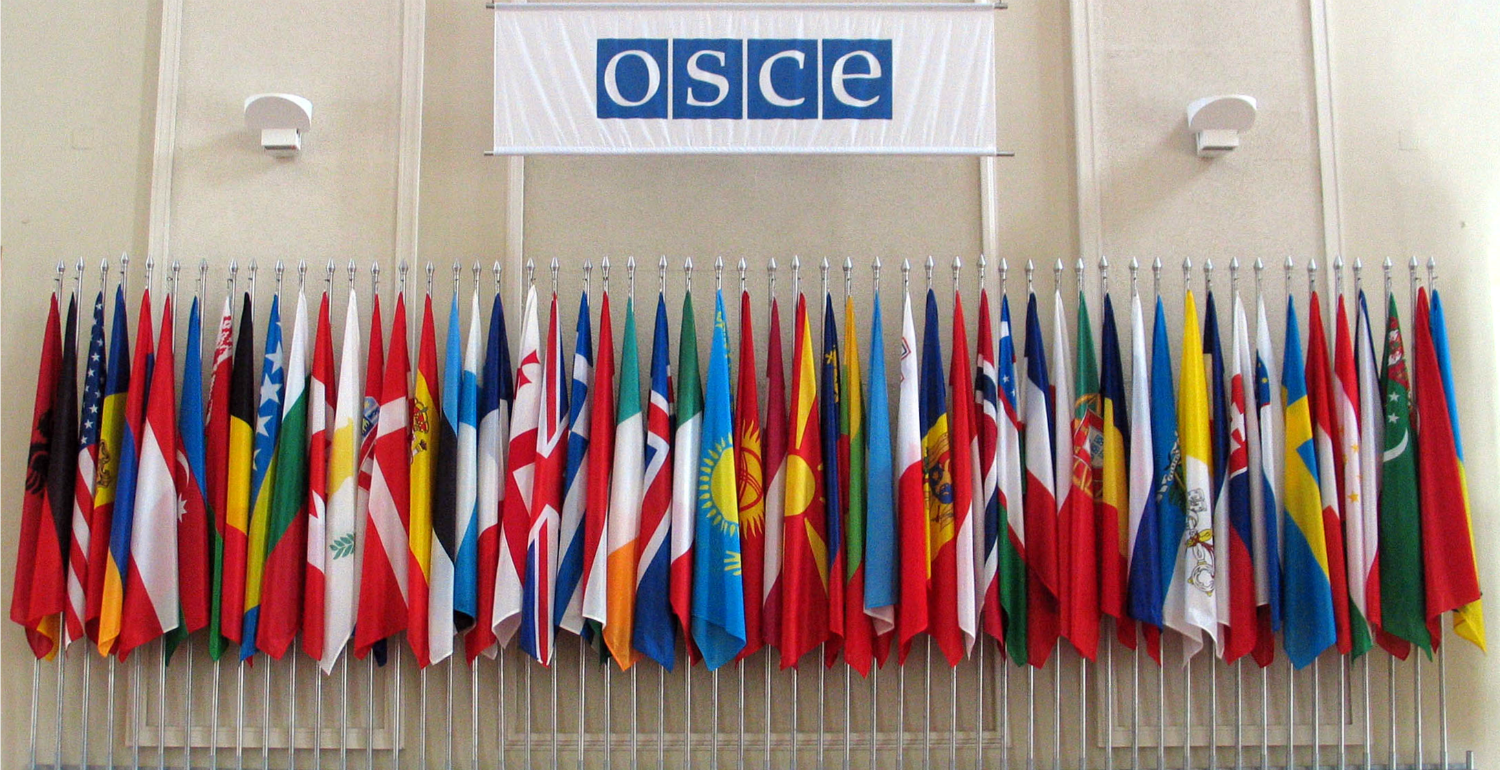Representative Chris Smith of New Jersey spoke on behalf of the Commission on the Yugoslav conflicts and its tumultuous impact on the development of post-Cold War Europe, as it exposed flaws in the United Nations and the European Union, whilst simultaneously inspiring the OSCE and NATO to act. The briefing addressed the establishment of the International Criminal Tribunal for the former Yugoslavia and the understanding that justice must be part of a post-conflict recovery.
The speaker – Honorable Carla del Ponte, Chief Prosecutor for the International Criminal Tribunal for the former Yugoslavia since 1999 – was responsible for ensuring that those individuals responsible for war crimes, crimes against humanity and genocide in contemporary Southeast Europe were held accountable. She spoke of the limitations and successes of the Tribunal, referring to two decades of experience as a prosecutor.







